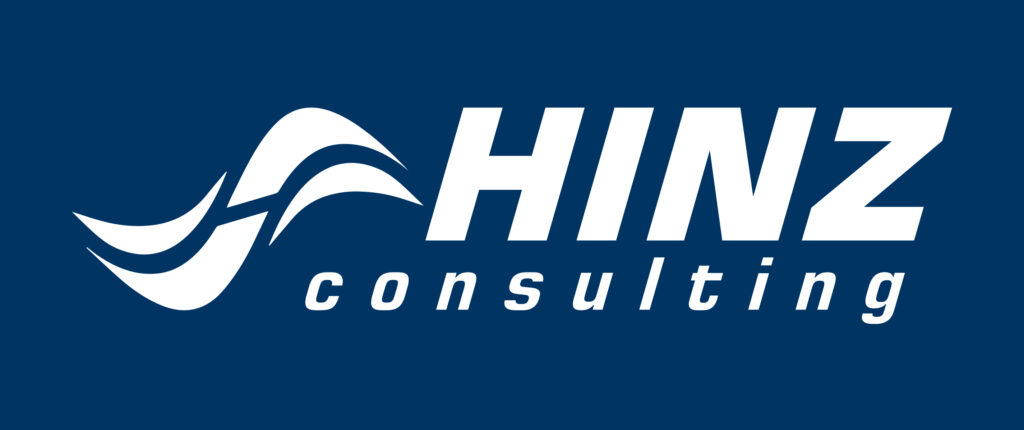As businesses explore opportunities within 8(a) Business Development Programs, they often have questions about its intricacies, benefits, and eligibility criteria. Here are some frequently asked questions about the 8(a) program:
What are 8(a) Business Development Programs?
The 8(a) Business Development Program is a federal initiative designed to assist small businesses owned by socially and economically disadvantaged individuals. It offers various forms of support, including access to government contracts, business development assistance, and mentorship.
Who is Eligible to Participate in the 8(a) Program?
To qualify for the 8(a) program, a business must be at least 51% owned and controlled by individuals who are socially and economically disadvantaged. The business must meet certain criteria regarding size, citizenship, and potential for success.
How Long Does the 8(a) Certification Last?
The initial certification in the 8(a) program lasts for nine years, during which the participating business can take advantage of various benefits and opportunities. However, the program also allows for extensions under certain circumstances.
What are the Benefits of Participating in 8(a) Business Development Programs?
The benefits of the 8(a) program include access to sole-source contracts, set-aside opportunities, mentorship from experienced firms, assistance with navigating the federal contracting process, and eligibility for specialized training and development programs.
How do I Apply for the 8(a) Program?
The application process for the 8(a) program involves submitting documentation and demonstrating eligibility based on criteria set by the Small Business Administration (SBA). This includes providing information about the business, its ownership, financial status, and past performance.
Can Businesses in the 8(a) Program Subcontract Work to Other Companies?
Yes, businesses in the 8(a) program can subcontract work to other companies, but there are limitations and requirements regarding the extent of subcontracting and the relationship between the prime contractor and subcontractor.
What Happens After the 8(a) Program Term Ends?
After the initial nine-year term in the 8(a) program ends, businesses are expected to graduate from the program and continue their operations independently. However, the SBA provides assistance and resources to help graduates transition successfully.
Conclusion:
Navigating the 8(a) Business Development Program can raise various questions for small businesses. Understanding the program’s eligibility criteria, benefits, and application process is crucial for making informed decisions about participation. By addressing common FAQs about the 8(a) program, businesses can gain clarity and confidence in exploring the opportunities it offers for growth and success. Contact us to learn more!


